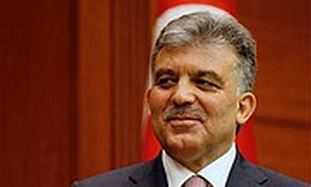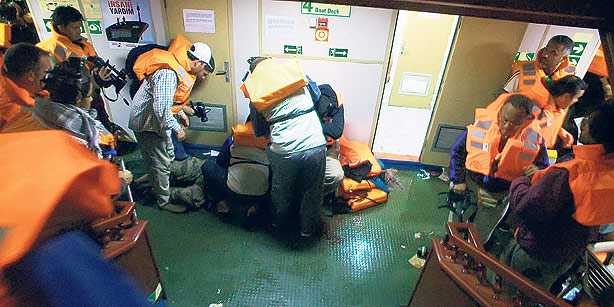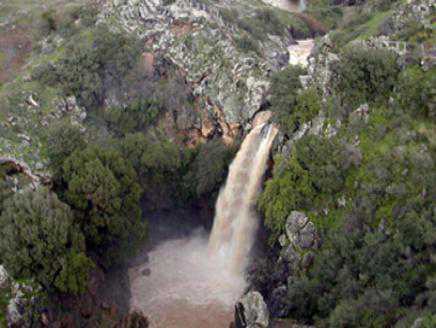Turkish paper publishes scathing feature on Rafael Sadi who studied with Turkish premier in university, describing him as ‘savage Zionist traitor’ for questioning of Marmara passengers
Aviel Magnezi
Published: 11.17.10, 11:04 / Israel News

He studied in university with Recep Tayyip Erdogan, promoted Israel-Turkey ties for nearly 20 years and has been a long-time member of the Turkish Community in Israel, but Refael Sadi has recently been targeted in his birth country.
Sadi and Turkish Prime Minister Erdogan studied economics together between 1974 and 1978 in Istanbul. Since immigrating to Israel in 1991 Sadi has been in constant contact with Turkish public figures, has written articles to Turkish media outlets and held interviews with various TV channels.
When he saw that ties between Ankara and Jerusalem were deteriorating he recruited his Turkish-speaking friends in Israel to help with the PR effort. As part of his activities, Sadi launched a PR website in Turkish which also contains news updates regarding bilateral ties.
These efforts have regretfully turned him into a target in Turkey. Last week a radical Muslim newspaper published a feature on the “savage Zionist traitor who was born in Turkey.”
The author claimed that Sadi takes every opportunity to insult Turkey and Erdodan and stated:”While the Mavi Marmara left Turkey, he organized a demonstration against the flotilla’s arrival to Israel.” It was further mentioned that Sadi interrogated the “freedom travelers” and provided the Mossad with information.
Sadi is described in the article as “the enemy of Turkey and Islam” who takes every chance to act against Ankara.
Sadi and Erdogan. Studied economics together (Photo: Viket Sadi)
Sadi told Ynet that in his youth Erdogan was chairman of the religious student association of one of the Turkish parties and noted the premier “wrote, directed and acted in an anti-Zionist play.”
Over the years, Sadi kept in contact with Erdogan and even interviewed him in 2005 during the latter’s visit to Israel. Relations between the two have since cooled off. “I criticize him for his mistakes and it’s damaging for his politics when there’s someone who tells the truth,” Sadi explained.
‘I tell Erdogan the truth’
“I still write to him occasionally and point out where he has made a mistake. He usually doesn’t answer.” Nevertheless, the Turkish prime minister referred to Sadi during a speech before the Turkish parliament. “He said ‘I have a Jewish classmate who tells me I’m wrong,’” Sadi noted.
According to Sadi, Erdogan is mainly motivated by public opinion considerations. “He’s promoting anti-Semitism to become popular, that’s the trend, to make a political fortune out of it. I’m sorry as a Turk, an Israeli and a Jew and it pains me he’s creating anti-Semitism in a secular and democratic nation,” Sadi said.
He stressed, however, that despite the current climate he is not afraid of traveling to his homeland. “I’m being warned it’s dangerous, but if I have to – I’ll go.”
Sadi fears that Turkish Jews might be hurt by the article about him in the Turkish paper. “The article promotes hate which jeopardizes the community in Turkey. My greatest fear is that some nutcase will come along, throw a grenade inside a synagogue or a school.
“I blame the Turkish government and Erdogan who create danger. Erdogan claims he’s speaking only against Israel but to tell Shimon Peres in front of the whole world ‘You kill’ is coming out against every Jew in the world.”
via Erdogan’s Jewish classmate targeted in Turkey – Israel News, Ynetnews.





